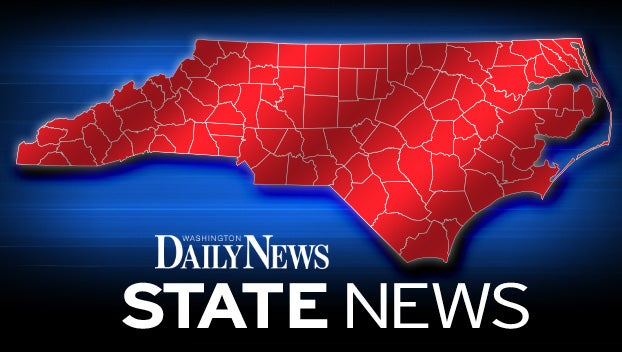NC road-building costs could scale back long-term projects
Published 4:25 pm Wednesday, September 22, 2021
|
Getting your Trinity Audio player ready...
|
RALEIGH (AP) — North Carolina government would need billions of dollars in additional road-building funds if it wants to carry out currently planned projects for the next decade, according to recent cost reassessments.
The gap between the costs for committed Department of Transportation projects and available funding from 2024 to 2033 is at least $7 billion, WRAL-TV reported.
Highway projects could be dropped from the State Transportation Improvement Program — North Carolina’s building roadmap — or simply not be added.
“It is a problem,” Joey Hopkins, DOT’s deputy chief engineer for planning, told the station.
Project cost increases were counted during a routine re-estimate during the COVID-19 pandemic, which has contributed to rising material costs and uncertain job markets. Real estate prices also have increased, leading to rising costs to buy property to build or widen roads.
“What we’re dealing with now in our market … the cost increases we’re dealing with now are unprecedented,” Hopkins said. “The housing market, our right-of-way costs, sometimes seem to be going up daily.”
With a current DOT cash balance of $2 billion, the department’s 12- and 36-month contract lettings shouldn’t be affected, Hopkins said. Looking to the long term, DOT says it’s talking to local leaders statewide about scaling projects without eliminating them.
Nearly all of DOT’s annual revenues come from state and federal gasoline taxes, a 3% tax on vehicle sales and Division of Motor Vehicle fees. Longer-life vehicles and those with higher gas mileage are affecting road revenues nationwide, trimming back gas and vehicle sales tax revenues.
Cumulative available funding for 2024-2033 is currently estimated at $23.5 billion, according to a DOT presentation.
A blue-ribbon commission recommended in January that North Carolina boost transportation spending by 40% to improve highways, railroads and transit. The panel said the state needs to locate at least $2 billion more annually to get there.
Approving more taxes and fees for transportation would be politically tricky for the Republican-controlled General Assembly and Gov. Roy Cooper, a Democrat.
The overruns are a “symptom of the problem of our revenue streams being out of date,” said Sen. Mike Woodard, a Durham County Democrat. “It makes it clear that we need to modernize the DOT’s revenue, and that’s going to be a heavy lift, but it’s past time to roll up our sleeves.”
The state Board of Transportation probably won’t approve the next State Transportation Improvement Program until summer 2023, Hopkins said. Some costs could come down between now and then.
“I just want to reiterate: We’ve got time to work this out,” Hopkins said.






